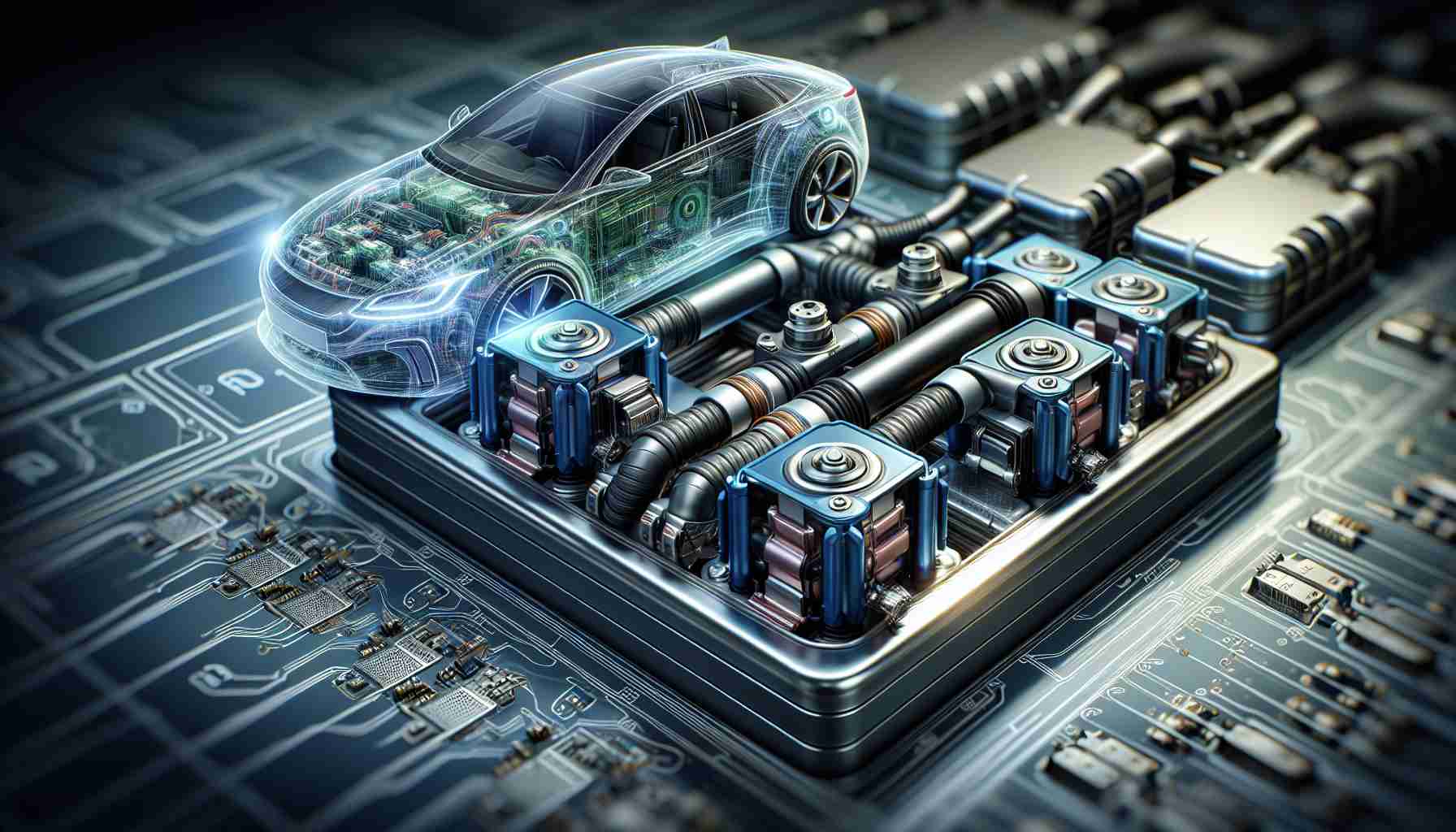Revolutionary advancements in battery technology are set to transform the landscape of the electric vehicle (EV) market, with experts predicting a significant drop in battery prices in the coming years.
Goldman Sachs’ latest projections suggest a groundbreaking reduction in EV battery costs by almost 50% by 2026, a development that could potentially align the prices of electric cars with their gasoline-powered counterparts. This forecast is attributed to cutting-edge innovations boosting the energy density of EV batteries, combined with a decline in the prices of essential green metals.
The anticipated price decline is expected to spark a surge in consumer interest, fueling a new era of widespread EV adoption. As battery prices plummet to an estimated $80 per kilowatt-hour by 2026, the once prohibitive costs of electric vehicles may soon become more accessible to a broader market.
Industry experts highlight that slashing battery expenses could be a game-changer for the EV sector, addressing key concerns such as price competitiveness and charging infrastructure availability. These advancements represent a pivotal moment in paving the way for a future where electric vehicles dominate the automotive market.
While some skeptics raise concerns about challenges such as mineral sourcing and recycling, the overall outlook for EVs appears increasingly promising. With a growing emphasis on sustainability and technological progress, the path towards a cleaner, more electric vehicle-centric future seems clearer than ever.
New Battery Technologies Revolutionizing the Electric Vehicle Market
The growing momentum behind electric vehicles (EVs) is being bolstered by continuous breakthroughs in battery technology. Beyond the notable cost reductions on the horizon, there are several key questions and aspects to consider in this transformative landscape.
1. What are the latest advancements in battery technology that could impact the EV market?
New battery technologies utilizing solid-state designs and silicon anodes are gaining traction, promising higher energy densities and faster charging capabilities compared to traditional lithium-ion batteries. These innovations have the potential to not only enhance the performance of EVs but also address concerns over driving range and charging times.
2. What are the key challenges associated with the widespread adoption of these new battery technologies?
One of the primary challenges lies in scaling up production to meet the growing demand for EVs. Manufacturers must invest heavily in infrastructure and manufacturing processes to ensure a seamless transition to these new technologies. Additionally, safety concerns related to the use of unconventional materials in batteries remain a pivotal issue that requires further research and development.
3. What are the advantages and disadvantages of these emerging battery technologies for EVs?
Advantages of solid-state and silicon-based batteries include higher energy densities, longer lifespans, and improved safety features. These factors contribute to enhanced performance, reduced charging times, and increased overall efficiency of EVs. However, challenges such as higher production costs and potential supply chain disruptions due to the reliance on specialized materials need to be carefully evaluated.
In conclusion, the ongoing advancements in battery technology signal a significant shift in the EV market, with the potential to accelerate the adoption of electric vehicles on a global scale. While there are challenges and controversies to navigate, the overall outlook points towards a future where sustainable transportation solutions become mainstream.
For more information on the latest developments in battery technology and their impact on the automotive industry, visit Battery Power Online.
